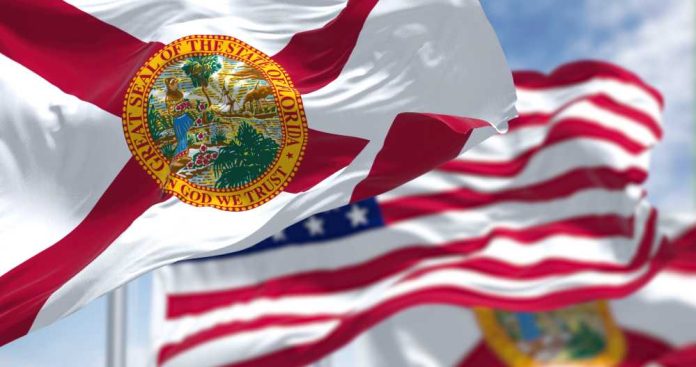West Flagler is making sure the Supreme Court of the United States is aware of the Florida Supreme Court’s response to the group’s challenge to sports betting in the state.
The state’s highest court ruled against West Flagler largely because it did not think a quo warranto petition was the proper way to challenge the compact between the state and the Seminole Tribe of Florida.
However, what West Flagler wants to highlight is how the court decision described the nature of the compact in its ruling. The group pointed out to SCOTUS that the filing described the compact this way:
“Among other forms of gaming, the compact authorizes mobile sports betting by which participants may place sports wagers with the Seminole Tribe through a mobile device. Participants may be physically located anywhere in Florida when they place a wager, not only on tribal lands. Then, regardless of where the bets are placed, the wagers are ‘deemed’ to occur on tribal lands.”
In its filing, West Flagler argued that this description flies in the face of how the federal D.C. Circuit Court categorized the compact. In the Circuit Court ruling, the court specifically focused on what was greenlit on tribal lands and said the compact did not, on its own, expand gaming off tribal lands.
Now that the state court case is resolved, West Flagler also argued SCOTUS was the right place to challenge the compact, as there are no concurrent cases open at the state level.
West Flagler is currently waiting to see if at least four justices are interested in taking up the case and grant cert. Given previous filings, it appears at least Justice Brett Kavanaugh finds value in looking at the case.













